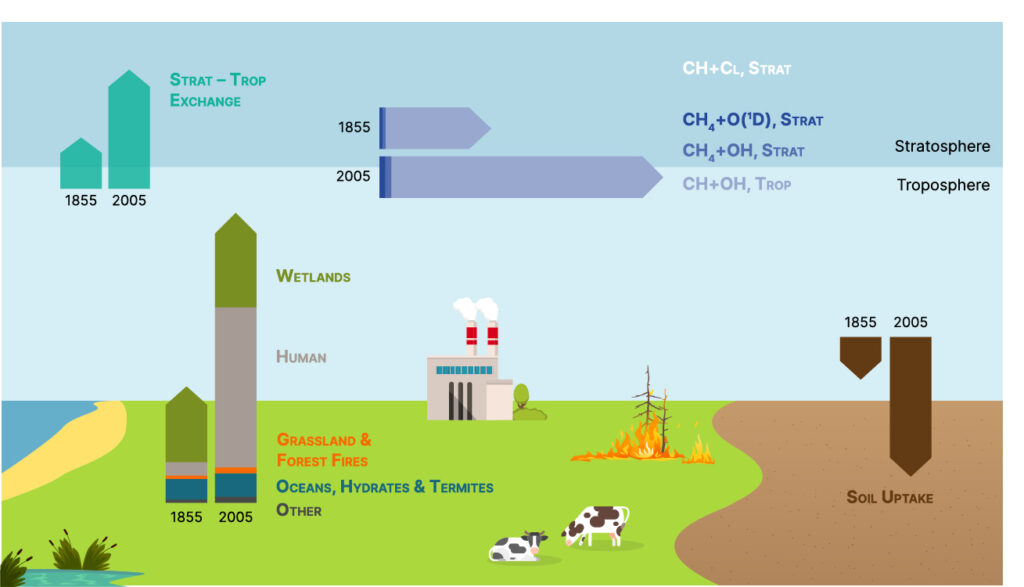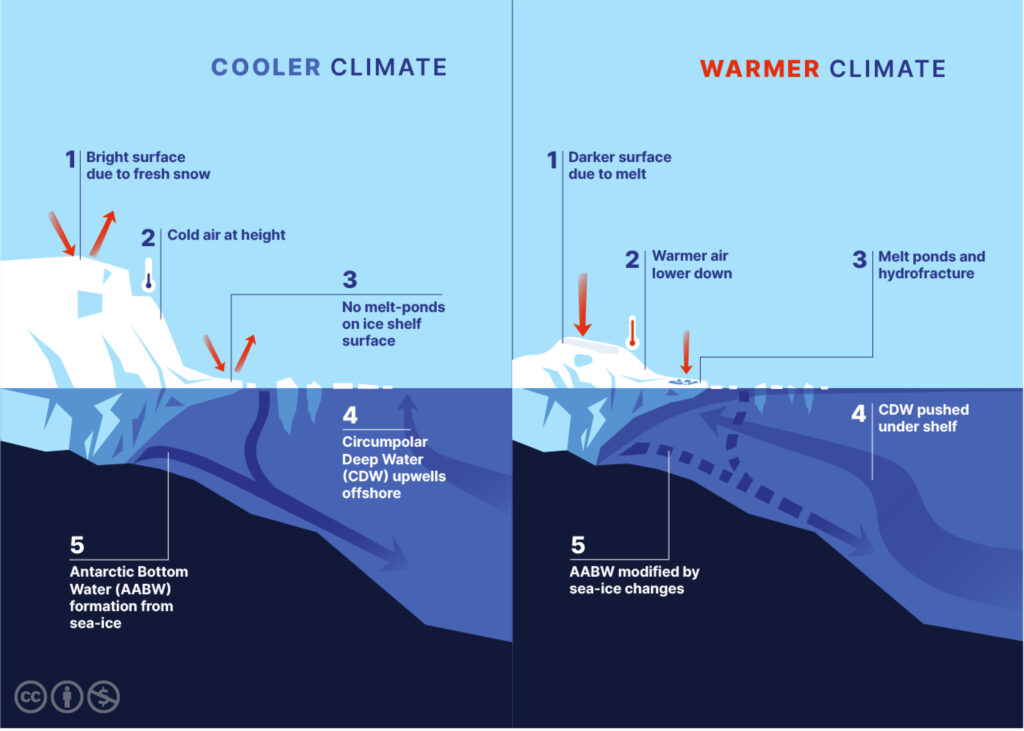How Earth System Models assess land-based carbon removal (AR, BECCS): carbon-cycle responses, and local climate side-effects; and how Integrated Assessment Models then asses socio-economic constraints that shape decision-ready deployment.
Increasing the EU's climate ambitions for 2030 and 2050
The CLEARING HOUSE project aims to strengthen the role of urban forests and trees as nature-based solutions to address global environmental challenges. It seeks to integrate greenery into urban planning, […]
The SCORE project is a 10-million-euro initiative funded by the European Union, designed to enhance climate resilience in coastal regions facing escalating natural hazards. Its primary objectives include mitigating the […]
Coastal cities face escalating threats from climate change, where extreme weather events—from flash floods to heatwaves—disrupt daily life, damage infrastructure, and endanger public health. Addressing this urgency requires real-time, adaptive […]
The ICARIA project aims to improve our ability to manage climate change impacts on essential public infrastructure by developing advanced modelling tools. These tools are designed specifically to help decision-makers […]
Driven by four European pilot cities—Luxembourg, Thessaloniki, Valencia, and Karlsruhe—the CityCLIM project develops advanced climate services for urban areas. These services aim to help citizens and city administrations adapt to […]
This article gives an overview of the links between Earth System Models and Integrated Assessment Models (including the role of Simple Climate Models) that shape one of the main frameworks used for producing the data that feed IPCC assessments.
The study focuses on the planning phase of nature-based solutions in cities, in which trade-offs have to be made between different options, such as the design, effectiveness, financial contributions from residents or participatory options. Based on the UPSURGE survey and choice experiment, the aim is to assist public participation processes in various countries, help planning teams define priorities and design governance measures which ensure long-term dedication to development plans.
The first fully-coupled methane emission driven Earth system model capable of simulating the impact of anthropgenic forcing on natural environments, as well as the impact of methane emissions and mitigation strategies on air quality.
This article gives an overview of the recent advances on the interactive modelling of ice sheet dynamics in Earth System Models, and the implications for reducing the uncertainty of sea-level rise projections, especially when considering multi-centennial timescales of changes or low-likelihood high-impact scenarios.




